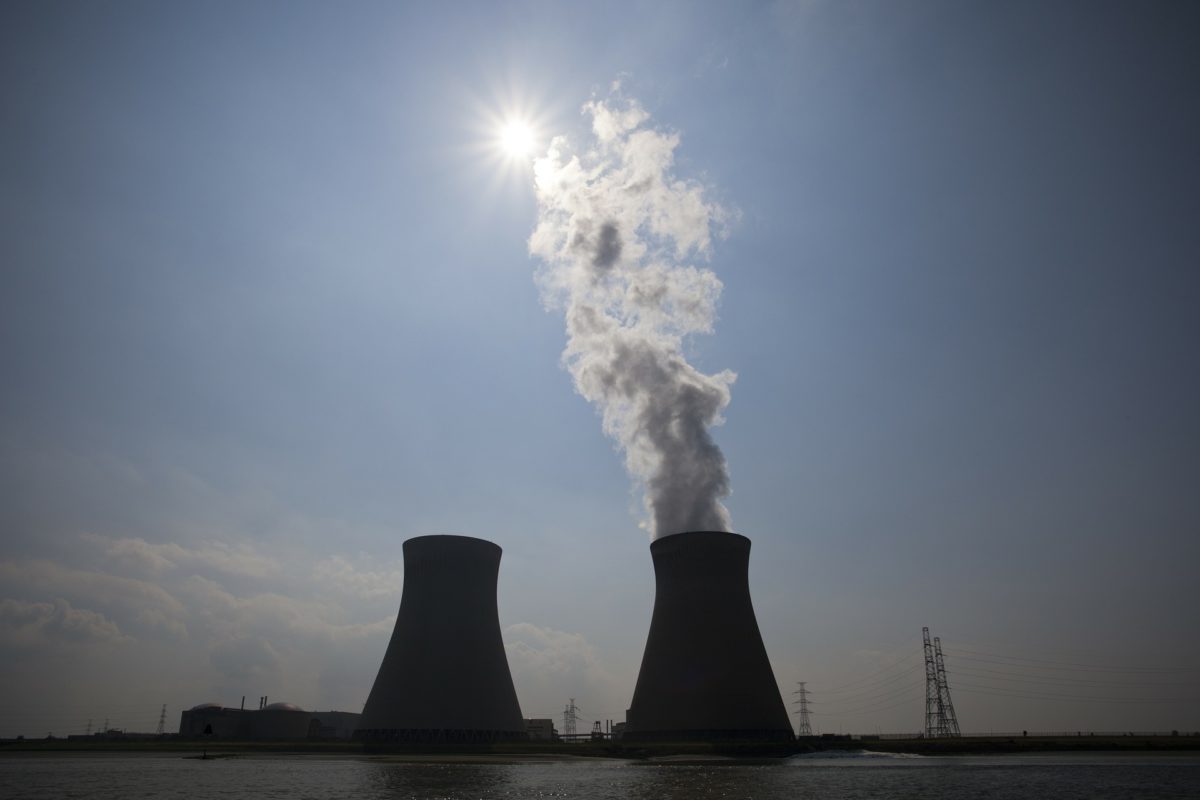While the news a solar industry trade body has called for national generation capacity targets may appear unsurprising, the fact Solar Energy UK decided to issue its rallying cry shoulder to shoulder with the Nuclear Industry Association of the same country could prove divisive among proponents of the energy transition.
The national solar trade group, in a press release issued jointly by itself, the nuclear body and RenewableUK, on May 20, called for the government to set a 40 GW solar generation capacity target this decade, and for annual solar contracts-for-difference (CfD) auctions to help drive deployment.
The U.K. has currently pledged to hold CfD auctions every two years, with the fourth round of bidding promised “late” this year, although the Department for Business, Energy and Industrial Strategy (BEIS) said in November, it is open to the possibility of holding the procurement rounds more regularly. The CfD regime will run until at least 2035 but BEIS consulted the renewables industry in February seeking ideas on how the subsidy element of the incentive program could be tapered down to expose clean energy projects more to wholesale energy prices.
pv magazine print edition
In CfD auctions, generators bid a strike price they will accept for the electricity they generate. Any shortfall between the day-ahead wholesale electricity price and the CfD strike price agreed is made good by the government, with the generator paying the difference when the wholesale price is higher than its strike price.
Solar Energy UK, which recently rebranded from its former guise as the Solar Trade Association, or STA, has also repeated its call for financial support to again be used to incentivize household solar and for such rooftop arrays to be exempt from VAT. The organization also wants the business rates charges applied to commercial solar installations reformed.
The potentially controversial nature of the joint press release concerns the presence of the Nuclear Industry Association, which said it wants the government to back a funding formula for new nuclear plants and to lay plans to ensure existing generation capacity is still in place “by the early 2030s.” That wording presumably implies new projects should be planned to replace the scheduled decommissioning of current nuclear reactors.
A spokesperson for Solar Energy UK told pv magazine: “Solar Energy UK doesn’t have an official position on the long-term role of nuclear in the energy mix but members of the executive team recognize that nuclear is expected to have a role in U.K. power generation in the transition to a net zero economy, owing to the government’s commitment to building new nuclear plants such as Hinkley Point C. We support establishing a level playing field for all low-carbon energy generation technologies and we see a benefit in calling for action on areas of shared interest with other energy industry bodies (i.e. net zero grid by 2035, [an] increase in carbon pricing etc).”
The third organization involved in the document is the RenewableUK trade body for non-solar clean energy generation. Members of that grouping want the government to target 30 GW of onshore wind, 2 GW of floating turbines and 5 GW of green hydrogen electrolyzer capacity this decade. The group also wants to gun for 1 GW of marine energy capacity “in the 2030s.”
Dirtier
The three entities say the need to clean the U.K. electricity grid is paramount because, according to statistics published by network operator National Grid ESO, the carbon intensity of electricity in the country was 5% higher in the first four months of this year than it was in January-to-April last year – despite the fact there were more weeks of Covid-19 lockdown this time around.
The trade bodies said gas-fired power generation rose 22% in the first four months of this year and the average carbon intensity of U.K. electricity in April was 20% higher than in April last year.
This content is protected by copyright and may not be reused. If you want to cooperate with us and would like to reuse some of our content, please contact: editors@pv-magazine.com.




By submitting this form you agree to pv magazine using your data for the purposes of publishing your comment.
Your personal data will only be disclosed or otherwise transmitted to third parties for the purposes of spam filtering or if this is necessary for technical maintenance of the website. Any other transfer to third parties will not take place unless this is justified on the basis of applicable data protection regulations or if pv magazine is legally obliged to do so.
You may revoke this consent at any time with effect for the future, in which case your personal data will be deleted immediately. Otherwise, your data will be deleted if pv magazine has processed your request or the purpose of data storage is fulfilled.
Further information on data privacy can be found in our Data Protection Policy.